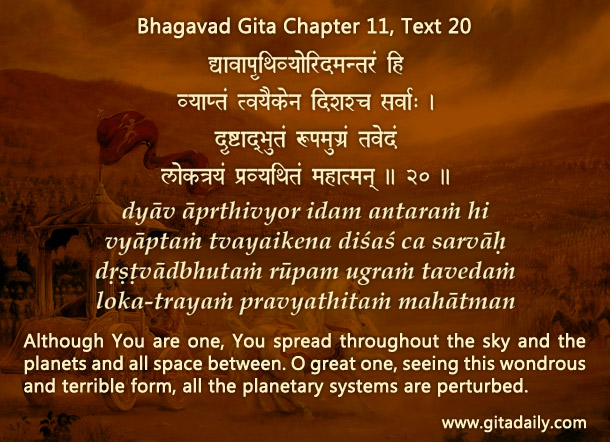God is infinite. What does this mean? To understand how the elusive concept of infinity applies to God, let’s begin with a familiar application of infinity.
We may be familiar with an infinite series in mathematics. The series of all natural numbers is infinite, as are the series of all odd numbers and the series of all prime numbers. Significantly however, though they are all infinite, they are all not the same. The series of all natural numbers is bigger than the series of all odd numbers, which in turn is bigger than the series of all prime numbers.
Such a gradation within infinity may raise the question: At what count does a series become infinite? Billion, zillion, gazillion? None of the above. Actually, as long as we can put a count on a series’ length, it is not considered infinite. It becomes infinite when the count becomes inconceivable.
God’s infinitude is not like that – it’s not dependent on his expanding to an immeasurable dimension. His infinitude is integral to his very being. His transcendence to material dimensions is revealed in the Bhagavad-gita’s eleventh chapter wherein Krishna reveals the universal form. Though he is present on Arjuna’s chariot in a seemingly finite form, he is still the all-pervading infinite. At one moment, he is standing next to Arjuna, apparently like a limited human being; and at the next moment, he reveals himself in a form that spans Arjuna’s entire visual range from earth to sky (Bhagavad-gita 11.20). And towards the end of the chapter, he nonchalantly re-manifests in his finite-seeming two-handed form. But he still remains infinite.
Essentially, Krishna doesn’t need an infinite form to be infinite – his very divinity makes him infinite. Put another way, he is not God because he is infinite; rather, because he is God, he is infinite.
Explanation of article:


Very well written prabhu.
Below sentence clicks.
” he is not God because he is infinite; rather, because he is God, he is infinite. “
Very nicely explained